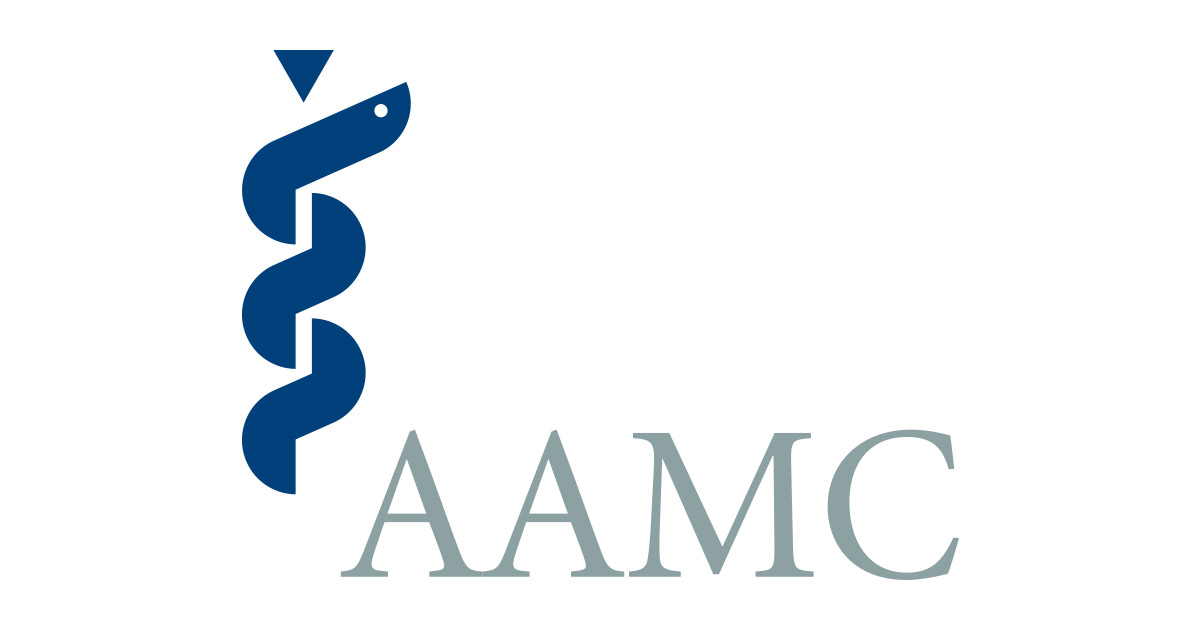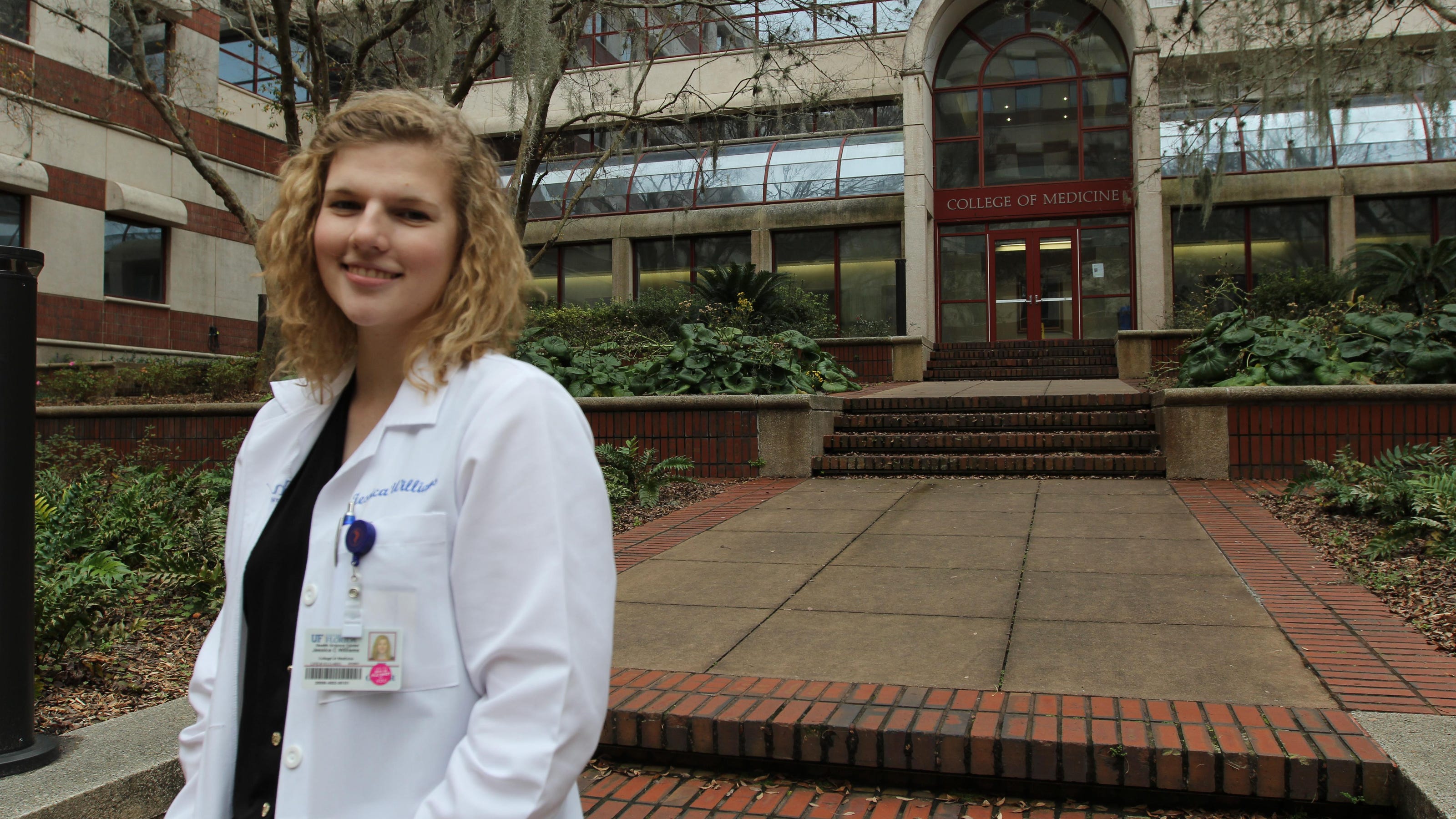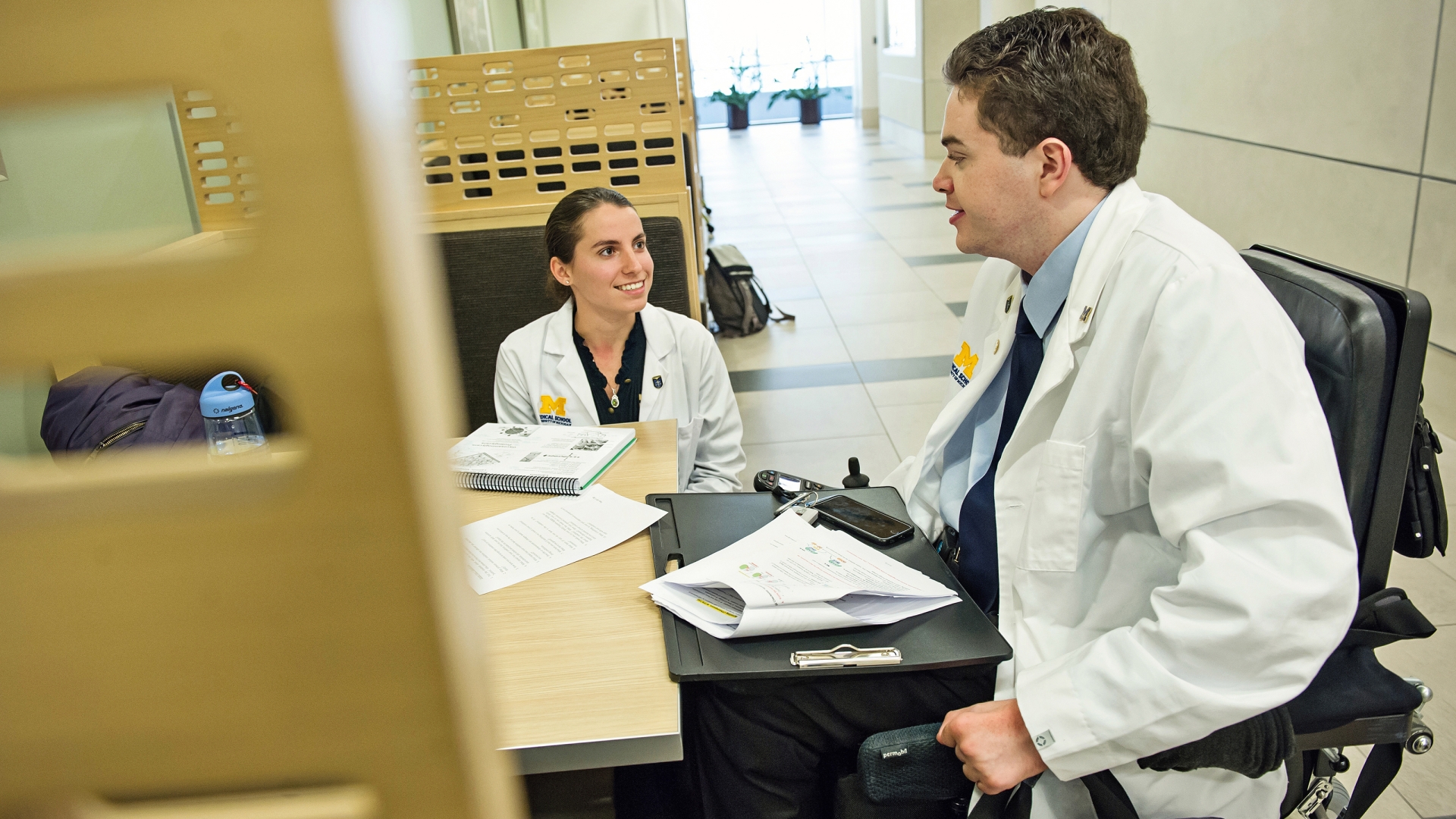- Joined
- Oct 4, 2014
- Messages
- 355
- Reaction score
- 570
COVID-19 has undeniably impacted the professional practice of medicine, while significantly limiting how we interact and engage as a society. These limitations pose a unique set of challenges to the medical school admissions process, which uses the in-person interview to provide critical information regarding your professional experiences, competencies, and details about your overall journey to medical school. We recognize that it is essential for you to have an opportunity to share this information with the institutions to which you are applying.
Introducing the AAMC Video Interview Tool for Admissions (AAMC VITATM)
After considering the needs of applicants and engaging in ongoing conversations with our member medical schools about the need for alternatives to in-person admissions interviews during the COVID-19 pandemic, we are pleased to launch the AAMC Video Interview Tool for Admissions (AAMC VITATM) for use during the 2021 application cycle. This tool was developed on behalf of our member institutions to support their ongoing efforts to seek viable options for admitting, educating, and training future medical professionals at a time when our nation needs competent and compassionate health care providers more than ever.
AAMC VITA provides medical school admissions staff and applicants with the opportunity to gather the important information captured during the traditional in-person interview while adhering to social distancing guidance, prioritizing the health and safety of all and at no cost to you.
Timeline of next steps:
As of June 25:
Sincerely,
AAMC VITA Team
Association of American Medical Colleges
What Do AAMC VITA Questions Look Like?
The interview consists of six questions and is a combination of:
The AAMC Video Interview Tool for Admissions is a one-time, online, unidirectional interview. Six questions are presented in text prompts, and applicants record an audio/video response; there is no human interviewer. You will have one minute to read and reflect on each written question and up to three minutes to record a response. You may complete all six questions in one sitting, or you may complete any number of questions you choose, as long as all questions are completed by the required medical school deadline. The break between questions may be as long as you choose.
You will have up to 60 seconds to read and reflect on each written question and up to three minutes to record a response. Once you are exposed to a question, there will be no pauses until the time to record the response has elapsed. Therefore, ensure you are in a disruption-free environment for at least four minutes after launching a question to ensure you have time to read and prepare a response and respond. After recording a response, you may choose to progress to the next question or take an untimed break. You will not be able to view your video responses during or after you complete the AAMC VITA interview.

 students-residents.aamc.org
students-residents.aamc.org
Introducing the AAMC Video Interview Tool for Admissions (AAMC VITATM)
After considering the needs of applicants and engaging in ongoing conversations with our member medical schools about the need for alternatives to in-person admissions interviews during the COVID-19 pandemic, we are pleased to launch the AAMC Video Interview Tool for Admissions (AAMC VITATM) for use during the 2021 application cycle. This tool was developed on behalf of our member institutions to support their ongoing efforts to seek viable options for admitting, educating, and training future medical professionals at a time when our nation needs competent and compassionate health care providers more than ever.
AAMC VITA provides medical school admissions staff and applicants with the opportunity to gather the important information captured during the traditional in-person interview while adhering to social distancing guidance, prioritizing the health and safety of all and at no cost to you.
Timeline of next steps:
As of June 25:
- For more information about AAMC VITA, including details on how the interviews will be conducted, other frequently asked questions, and virtual interviewing resources to assist you as you prepare, please visit aamc.org/VITA.
- If you need to apply for accommodations, please submit your application as soon as possible. A link to the accommodations form is available on all AAMC VITA web pages (on the right-hand side).
- U.S. medical schools are still deciding how to approach virtual interviewing. We plan to begin listing participating schools on our website in mid-July. In addition, we plan to provide more resources to help applicants prepare for the AAMC VITA interview.
- U.S. medical schools will begin to send AAMC VITA invitations to applicants via email.
Sincerely,
AAMC VITA Team
Association of American Medical Colleges
What Do AAMC VITA Questions Look Like?
The interview consists of six questions and is a combination of:
- Personal experience questions, which ask you to describe your journey and/or the experiences that led you to pursue a career in medicine.
- Sample: Why did you decide to pursue a career in medicine?
- Past behavior questions, which ask you to describe previous experiences that demonstrate your level of knowledge and skills related to the various competencies.
- Sample: Describe a time when you experienced a conflict with a classmate or a coworker. What did you do? What was the outcome?
- Situational questions, which ask you to demonstrate your level of knowledge and skills related to the various competencies by describing what you would do in different hypothetical situations.
- Sample: Imagine you are working in a group project and one of your teammates is not doing their share of the work. What would you do?
The AAMC Video Interview Tool for Admissions is a one-time, online, unidirectional interview. Six questions are presented in text prompts, and applicants record an audio/video response; there is no human interviewer. You will have one minute to read and reflect on each written question and up to three minutes to record a response. You may complete all six questions in one sitting, or you may complete any number of questions you choose, as long as all questions are completed by the required medical school deadline. The break between questions may be as long as you choose.
You will have up to 60 seconds to read and reflect on each written question and up to three minutes to record a response. Once you are exposed to a question, there will be no pauses until the time to record the response has elapsed. Therefore, ensure you are in a disruption-free environment for at least four minutes after launching a question to ensure you have time to read and prepare a response and respond. After recording a response, you may choose to progress to the next question or take an untimed break. You will not be able to view your video responses during or after you complete the AAMC VITA interview.

AAMC Video Interview Tool for Admissions (AAMC VITA™)
The AAMC Video Interview Tool for Admissions is designed to help medical schools assess applicants’ pre-professional competencies.
Last edited:




